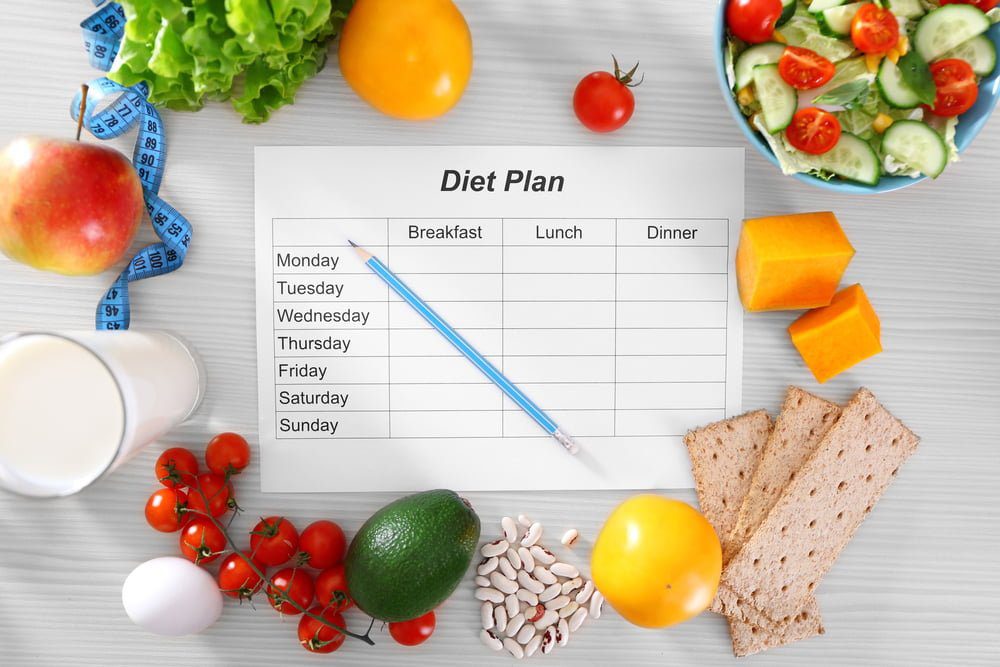Eating slowly is often recommended for weight loss, as it can help people feel more full and less likely to overeat. But does eating slowly actually increase metabolism? This article will explore the potential effects of eating slowly on metabolism, including the potential benefits and drawbacks of this approach. It will also discuss how to incorporate the practice of eating slowly into one’s daily routine.
What happens when you eat slowly?
When you eat slowly, you give your body time to recognize the feeling of fullness and can help you to better regulate your portions. Eating slowly also allows you to savor your food and appreciate the flavors, which can create a more enjoyable eating experience.
Eating slowly can also help you to avoid overeating, which can lead to feeling bloated, uncomfortable, and sluggish. Eating slowly may also help to reduce the risk of heartburn, indigestion, and other digestive issues. Eating slowly can help you to enjoy your food more and can be beneficial to your overall health.
Eating Slow vs Fast : Which is better?
Eating slow versus eating fast is an important consideration when it comes to overall health. Eating slowly allows the brain to recognize when the body is full, which can help prevent overeating and the accompanying health risks.
Eating fast can cause you to eat more than you need, which can lead to weight gain and an increased risk of chronic diseases. Ultimately, the best approach is to find a happy medium between eating slowly and eating too quickly, as this will help you maintain a healthy weight and diet.
What are the 8 benefits of slow eating?
1. Improved Digestion.

Eating slowly allows your body to better digest food and absorb nutrients. It also helps to prevent bloating, gas, and indigestion.
2. Reduced Calorie Intake.
Eating slowly gives your body time to register that it is full, which can help you to eat fewer calories and maintain a healthy weight.(1)
3. More Satisfaction.
When you take the time to enjoy your meals, you can savor each bite and truly appreciate it. This can lead to greater satisfaction and enjoyment of meals.
4. Improved Eating Habits.

Eating slowly can help you to develop healthier eating habits, such as chewing food properly and savoring each bite.
5. Improved Mental Wellbeing.
Eating slower can help to reduce stress and anxiety, and can lead to improved mental wellbeing.
6. Reduced Risk of Overeating.
When you eat slowly, you are more likely to stop eating when you feel full, which can help you to avoid overeating.
7. Improved Concentration.
When you eat slowly, your body is better able to absorb nutrients, which can help to improve your concentration and alertness.
8. Improved Metabolism.
Eating slowly can help your body to better absorb and utilize nutrients, which can help to boost your metabolism and burn more calories.
Potential effects of eating slowly on metabolism.
Eating slowly has been linked to improved metabolic health. Eating slowly helps to regulate appetite hormones, which in turn can help to improve the body’s ability to regulate energy and metabolism.
Additionally, eating slowly can help to reduce the amount of calories consumed in a meal, allowing for better control of weight. Eating slowly can also help to increase the feeling of fullness, which can help to prevent overeating.
Finally, eating slowly can help to increase the body’s ability to absorb nutrients from food, resulting in better overall health. The potential effects of eating slowly on metabolism are numerous, and can be beneficial for those trying to maintain a healthy weight.
Disadvantages of slow eating.
- Increased risk of overeating: Eating too quickly can lead to overeating as it takes time for the brain to register that the stomach is full.
- Poor digestion: Eating too quickly can lead to indigestion, bloating, and abdominal pain as the body is not able to break down the food properly.
- Increased risk of weight gain: Eating too quickly can lead to consuming more calories than the body needs, leading to weight gain.
- Unsatisfying experience: Eating too quickly can lead to an unsatisfying experience as the flavors and textures of the food are not fully appreciated.
Benefits of Eating Slow vs Fast.
- Eating slowly can help you feel more satisfied and less likely to overeat.
- It can help you better enjoy and savor your food, enhancing your overall dining experience.
- Eating slowly allows your body to properly digest food, which can result in better absorption of nutrients.
- Eating slower can help regulate your blood sugar levels more effectively.
- Taking your time to eat can help you become more mindful of what you’re consuming.
- Eating slowly can help you better connect and socialize with those around you.
- Eating fast can lead to indigestion, acid reflux, and other gastrointestinal issues.
how to incorporate the practice of eating slowly into one’s daily routine?
1. Start with a plan: Decide how many meals you will eat each day and when you will eat them.
2. Eat mindfully: Take your time when eating and don’t rush. Pay attention to the taste, texture, and smell of your food.
3. Put your fork down between bites: Take a break between each bite and put your fork down.
4. Focus on your food: Avoid multitasking while eating, such as watching TV or scrolling through your phone.
5. Chew slowly: Take your time when chewing your food. This helps ensure that you can fully savor the flavor and texture of the food.
6. Avoid eating when you’re stressed: Eating while stressed or anxious can lead to overeating or not taking the time to enjoy your food. Try to eat in a relaxed environment.
7. Don’t deprive yourself: If you’re feeling hungry, don’t try to ignore it. Eat small portions throughout the day to avoid getting overly hungry.
8. Make it a habit: Eating slowly can become a habit if you practice it regularly. Try to incorporate it into your daily routine.
Bottom Line.
There is evidence that suggests that eating slowly may increase metabolism and reduce hunger. Although further research is needed to confirm these findings, it is possible that eating slowly may be a worthwhile strategy to help boost metabolism and reduce hunger. Incorporating mindful eating into one’s lifestyle may be a beneficial way to improve one’s health.
+1 Source
Verywelfit has strict sourcing guidelines and relies on peer-reviewed studies, educational research institutes, and medical organizations. We avoid using tertiary references. You can learn more about how we ensure our content is accurate and up-to-date by reading our editorial policy.
- Does metabolism matter in weight loss?; https://www.health.harvard.edu/diet-and-weight-loss/does-metabolism-matter-in-weight-loss

 Workout
Workout
 Meditation
Meditation





 Contact Us
Contact Us











